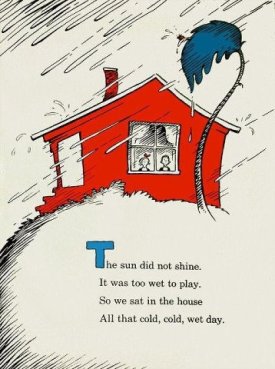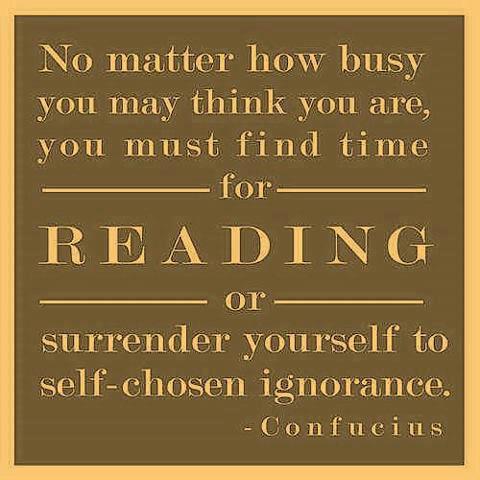Is your writing as strong as good tea?
 Thursday, January 31, 2013 at 8:45AM
Thursday, January 31, 2013 at 8:45AM 
The patience of tea refers to its quality after being brewed many times. Good teas – patient teas – maintain complexity and flavour with multiple infusions. The flavour evolves each step of the way, as Joshua Kaiser one of the world’s leading tea experts demonstrates here.
Likewise, patience builds a good writing career.
(Word count: 342 Reading time: 1-2 minutes)
- First we have to learn to write well. Consider Malcolm Gladwell’s 10,000 hour rule: it suggests that 90 minutes a day practice for twenty years is needed to master something. I’m unsure if I agree with that onerous a requirement but I do know that writing proficiency demands practice, as least as much as sports, music, or art. There is no way out of this.
- Then we have to wait for recognition.
- While the first two processes are underway, we must dip into the world of social media where, Suw Charman-Anderson reminds us, maintaining a blog or website is a long game. It can take months or even years to develop a strong following.
In other words, if you want to carve out a career as a writer, be prepared to cultivate the virtue of patience. Tolstoy said, “The two most powerful warriors are patience and time.” Right now the publishing industry is battling for sales in a constantly changing, more-distracted-than-ever market. Prepare for a wait. How?
- Keep writing.
- Keep studying the craft of writing.
- Throw yourself into new experiences and enjoy the moment, embrace the now. It will ultimately feed your writing.
- Meditate. Seriously: take time to breathe and relax.
- Stay strong and determined – two essential skills.
- Slow down. There are shortcuts but, if you take them and publish or submit before a novel is well-polished, you may burn a lot of bridges.
Impatience is the intolerance of anything that thwarts or delays us. It’s a wonderful quality in a character. In a writer a lack of patience crimps the prose and taints the voice.
What are you waiting for in your writing life? Are you like patient tea, transforming with multiple infusions of practice and feedback?
***
Photo by: Ragne Kabanova





